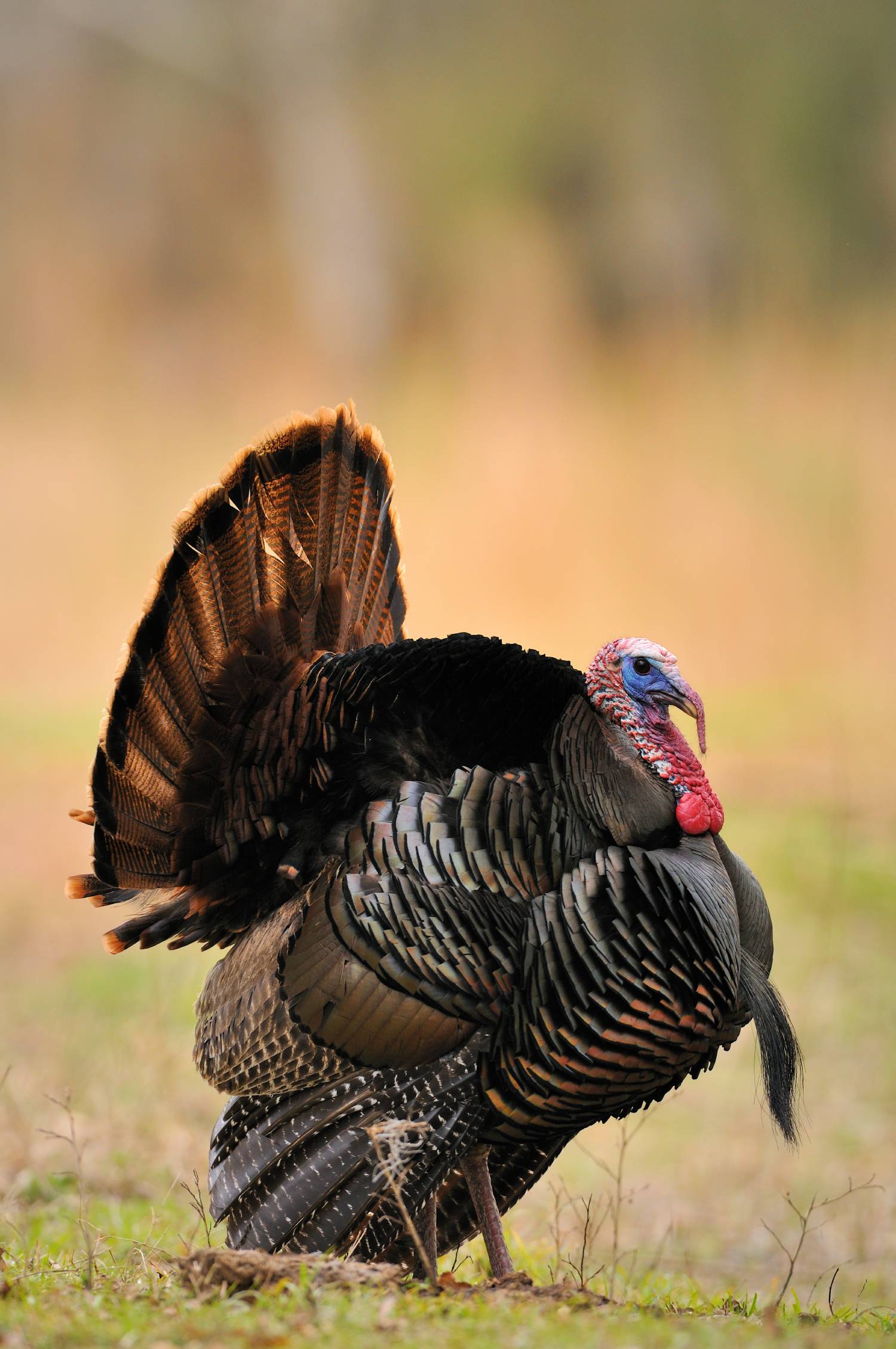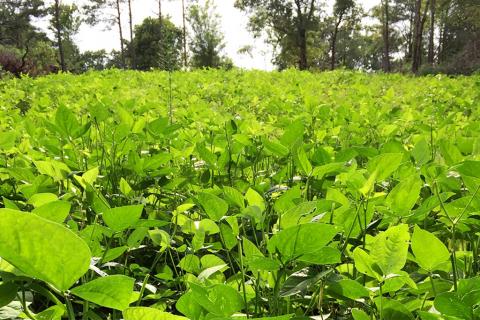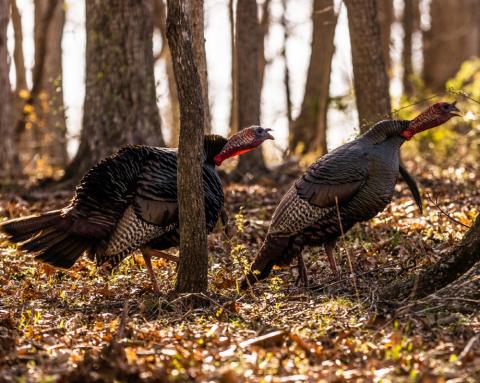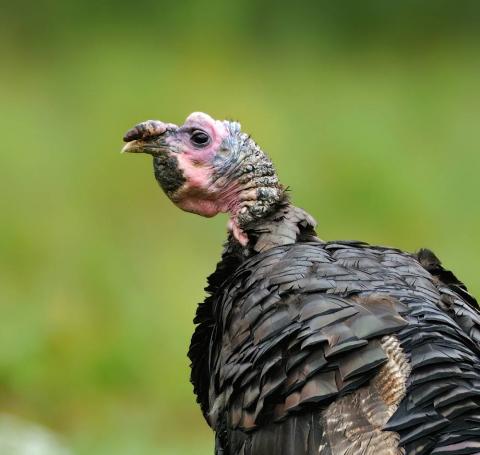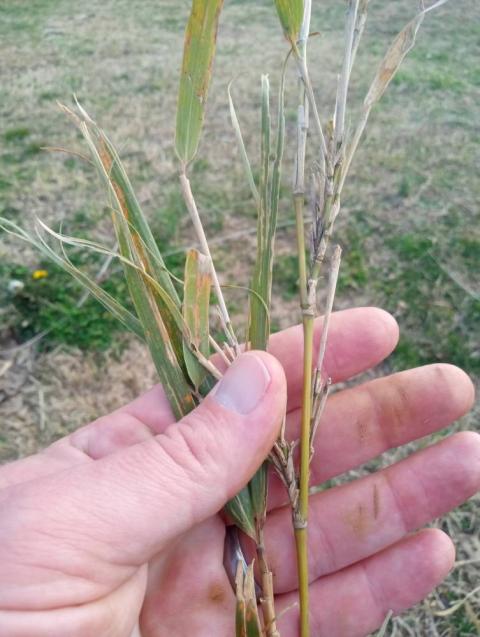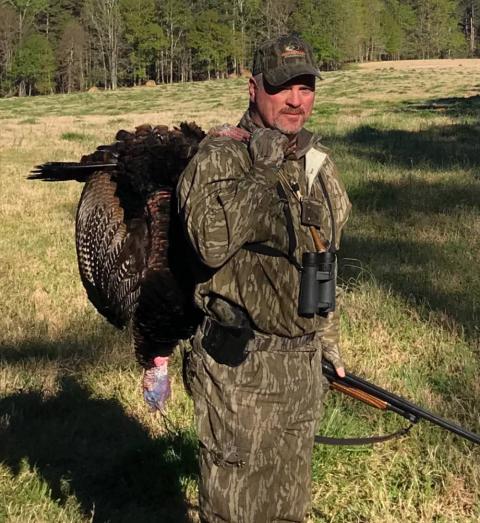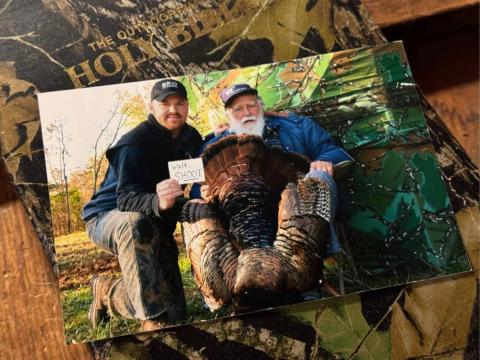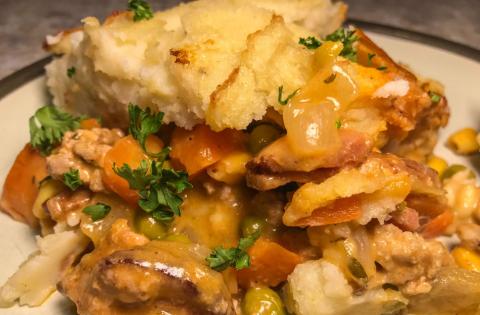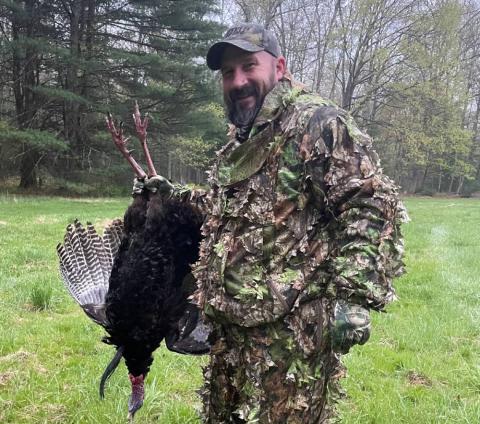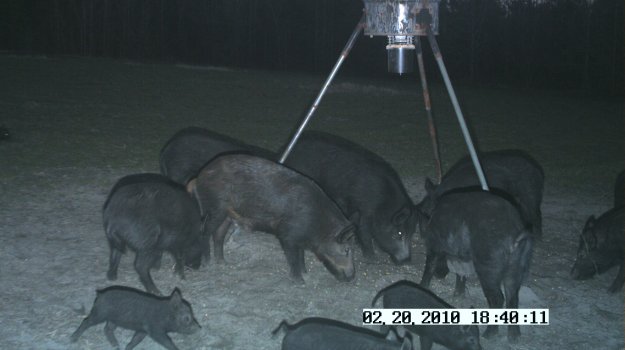
Controlling Wild Hogs on Your Property
By Blaine Burley
I am sure that many of you have seen some of the recent TV shows titled “Hogs Gone Wild” or “Pig Bomb”. While many of these shows are designed to strike fear in the hearts of most Americans, especially non-hunters, the recent proliferation of wild hogs is truly a serious problem that many of today’s landowners and land managers have to deal with on a daily basis. In fact, there is an estimated 4 MILLION wild hogs located in over 40 states throughout the U.S. Estimated annual damage to crops and livestock in the U.S. is over $52 Million. Currently, landowners spend over $7 Million in an effort to control these foreign invaders.
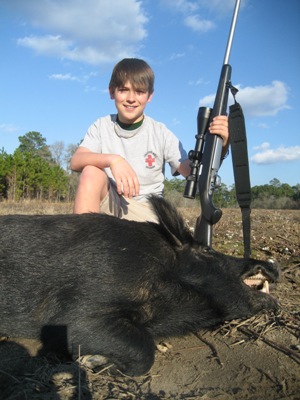 Wild (or Feral) hogs can cause a variety of problems and can cause serious damage to wildlife and valuable habitat if they are not controlled. The most common problem is uncontrolled rooting which results in severe damage to crops, tree stands, pastures, food plots and habitat. Predation on domestic livestock and wildlife is also a major problem. Wild hogs will eat almost anything, including their own kind. They have been known to cause significant damage to wild turkey/quail nests, various plant species and entire ecosystems in some cases. However, the actual damage to our environment caused by wild hogs is largely unknown. More research and practical knowledge are needed to better understand the influence of wild hogs on game and non-game species as well as the environments and its ecosystems.
Wild (or Feral) hogs can cause a variety of problems and can cause serious damage to wildlife and valuable habitat if they are not controlled. The most common problem is uncontrolled rooting which results in severe damage to crops, tree stands, pastures, food plots and habitat. Predation on domestic livestock and wildlife is also a major problem. Wild hogs will eat almost anything, including their own kind. They have been known to cause significant damage to wild turkey/quail nests, various plant species and entire ecosystems in some cases. However, the actual damage to our environment caused by wild hogs is largely unknown. More research and practical knowledge are needed to better understand the influence of wild hogs on game and non-game species as well as the environments and its ecosystems.
As a landowner and land manager, there are a number of things that you can do to control the population of wild hogs on your property and/or minimize their effects. First of all, you can fence off fields, gardens and/or food plots to protect your valuable crops. You can also place a permanent fence around your game feeders and/or mineral stations. A sturdy three-foot heavy mesh (2” x 4” welded) wire fence and/or multiple electric fences will do the job in most cases. Unfortunately, this is a very expensive and time-consuming method in most cases. For wildlife managers, you can also plant less attractive plots if you have wild hogs on your property. For example, you may want to plant legumes such as clover, alfalfa, soybeans, and/or peas instead of corn and/or cereal grains in your food plots since wild hogs tend to prefer corn and cereal grains over legumes.
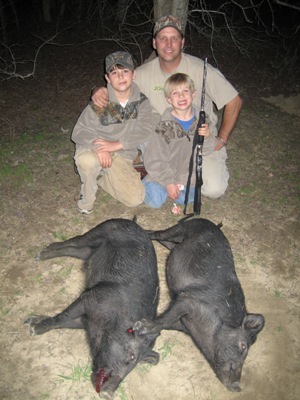 Controlled hunting (especially over bait and/or at night) with or without dogs can be an effective means of controlling your wild hog population if it is done consistently. Trapping, especially where wild hog populations are high is probably the most effective method. However, hunting and trapping may not be effective during the fall or spring when acorns and other preferred natural foods are readily available. Wild hogs seem to prefer acorns, ripe grapes and plums over grains and other baits. Therefore, leg snares and/or targeted hunting around preferred food sources may be more effective during the fall and spring. Please note that snares should not be used in areas where livestock, deer, or other non-target animals are located.
Controlled hunting (especially over bait and/or at night) with or without dogs can be an effective means of controlling your wild hog population if it is done consistently. Trapping, especially where wild hog populations are high is probably the most effective method. However, hunting and trapping may not be effective during the fall or spring when acorns and other preferred natural foods are readily available. Wild hogs seem to prefer acorns, ripe grapes and plums over grains and other baits. Therefore, leg snares and/or targeted hunting around preferred food sources may be more effective during the fall and spring. Please note that snares should not be used in areas where livestock, deer, or other non-target animals are located.
In most cases, it is unlikely that wild hogs can be totally exterminated. It is theoretically possible, but it is cost-prohibitive in most cases. In my experience, the best way to control wild hogs on your property is to use all of the above methods as time, resources, and circumstances permit. Landowners must generally accept the fact that they will always have some wild hogs and therefore should plan for some type of long-term wild hog control program.
While wild hogs can be a nuisance, in most cases, especially if they become overpopulated they can provide recreational hunting on a year-round basis. They can also make great table fare if properly prepared. My two sons and I love to hunt and shoot wild hogs, especially after deer season. Wild hog hunting provides many opportunities for my sons and I to share the outdoors together. It also helps us to sharpen our shooting/hunting skills during the off-season.
















